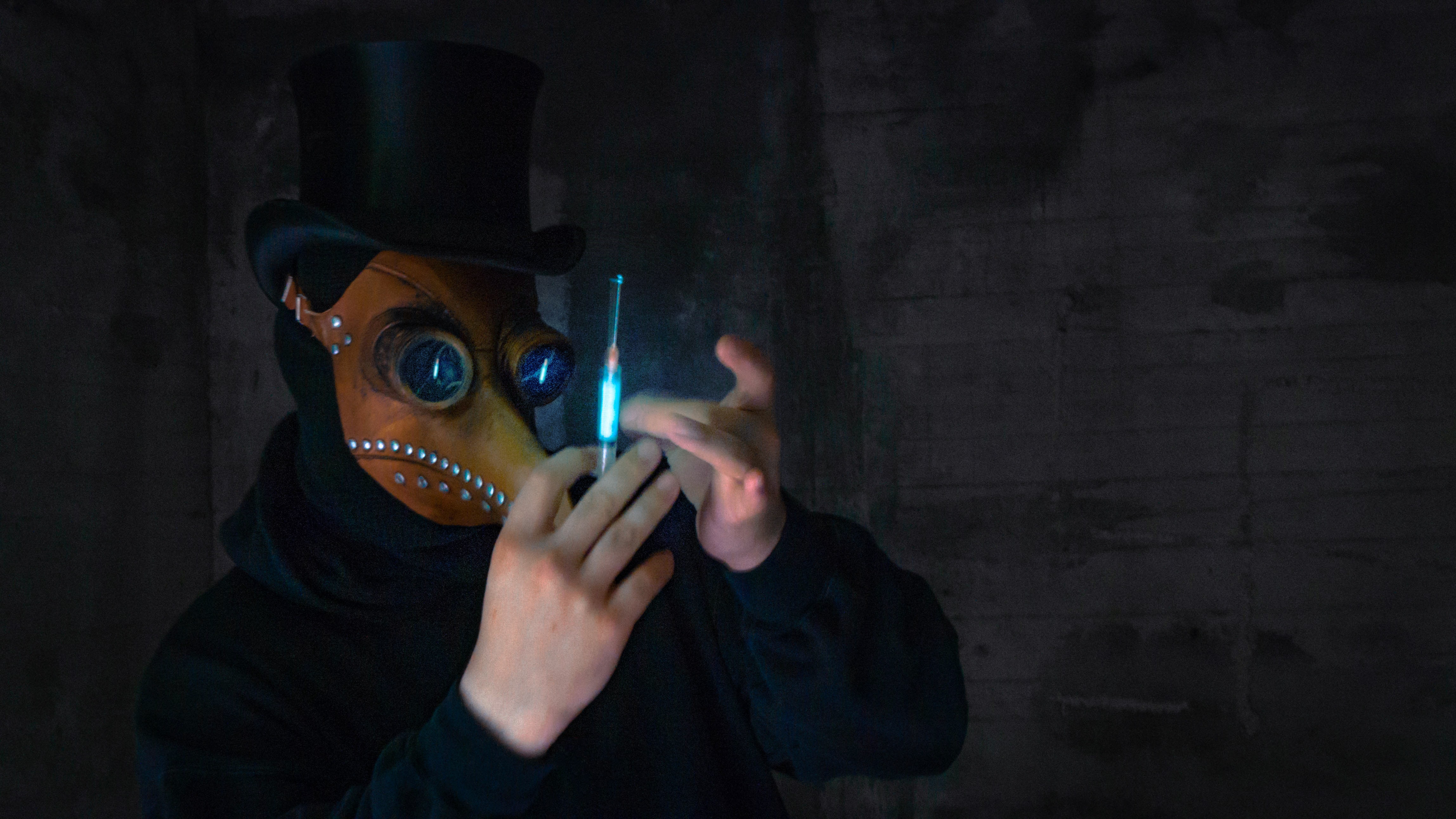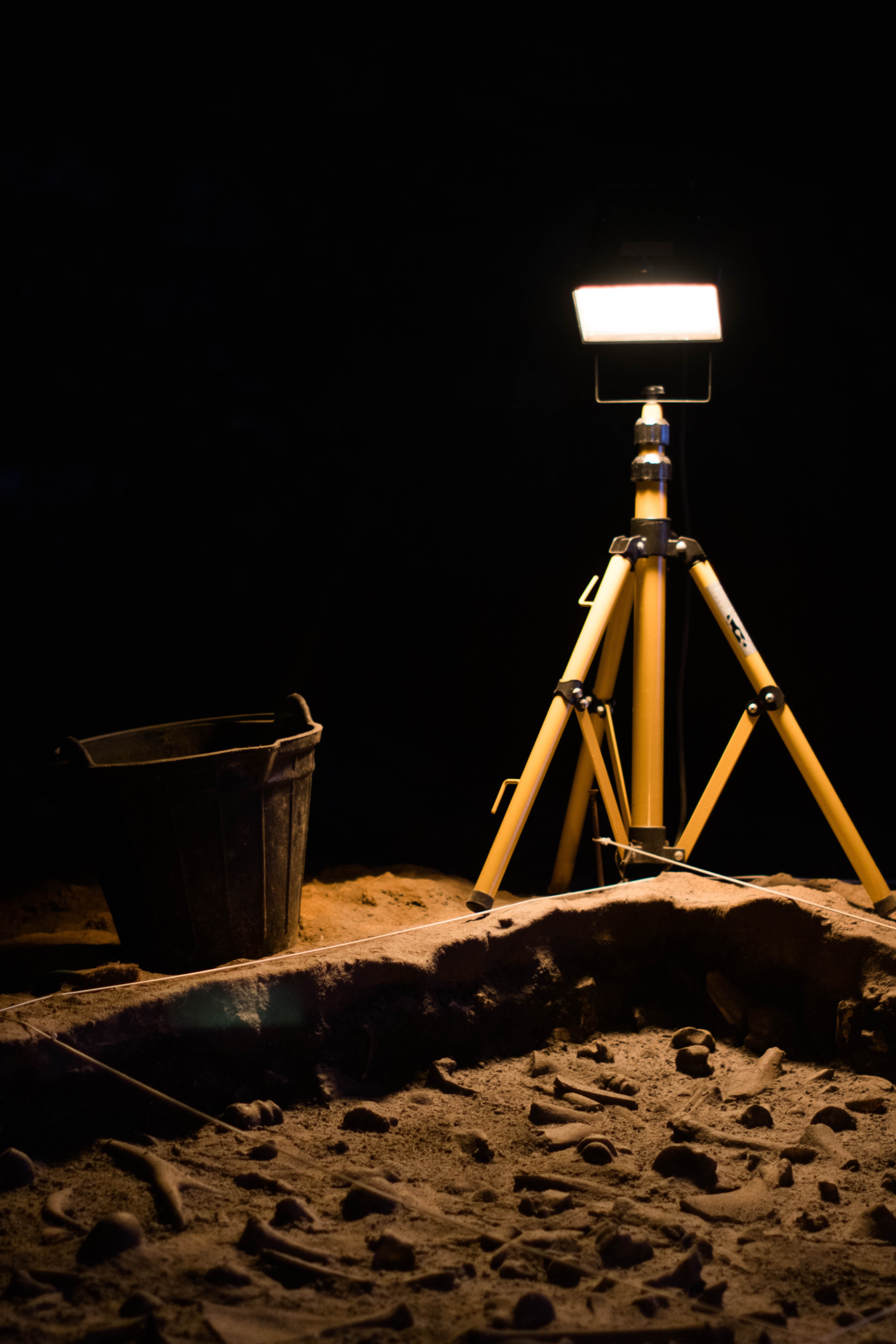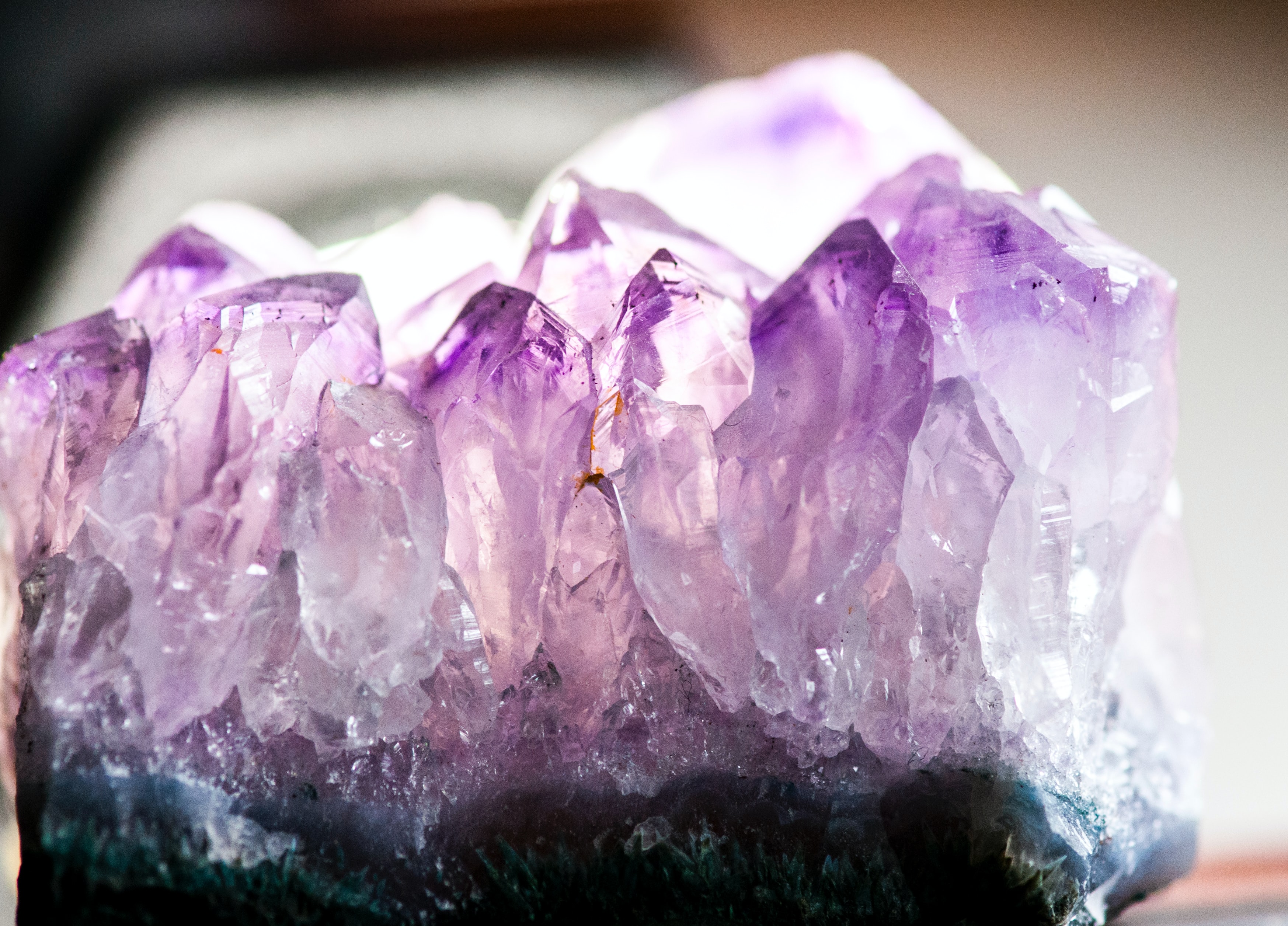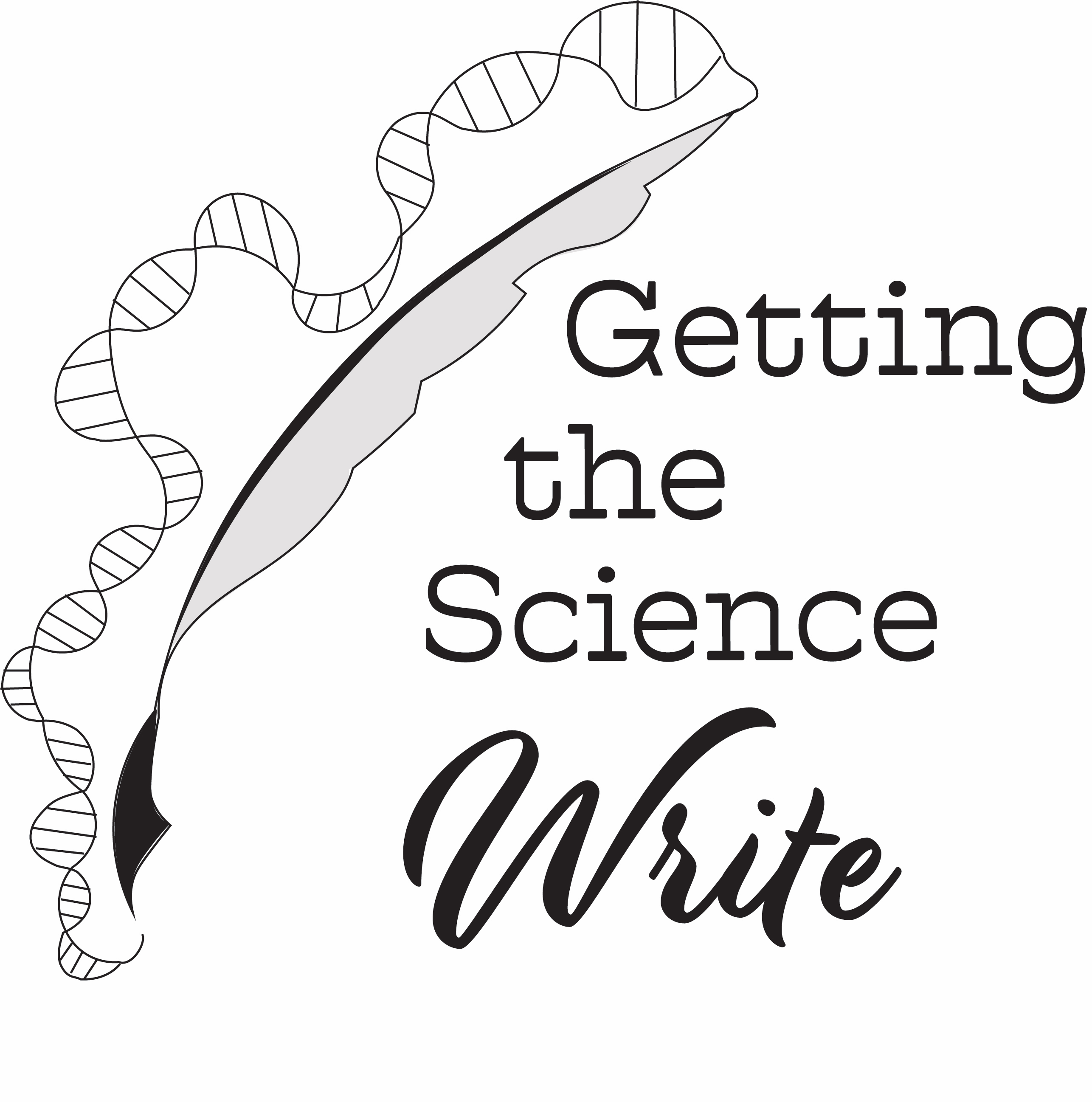Science in Fantasy, Part 2
It’s very easy to claim dragons aren’t real when you’re safe on your couch holding a nice warm cup of peppermint tea while finishing your vanilla biscuit and examining the naturalist sketches that surely, SURELY could only be from the imagination of a lonely field biologist.
It’s much harder to claim that when you’re five feet from one.
Douna pressed herself further into the boulder as the giant reptile’s next snore rattle the pebbles at her feet. She blinked away the beading moisture from her eyes; if it was her own sweat or the condensation of the dragon’s breath, she couldn’t tell.
Not exactly where she thought her field work would take her today. Normally, Douna wandered the caves near her campsite in search of dragon remains or feeding remnants. Never as good as fresh specimens, but oh, what she could harvest from them! Traces of dragon saliva, dissected salivary glands, internal organs still plump with their contents…
Sure, Douna had always wanted to see a dragon, but that usually meant at a safe distance. Miles away. Under a rock. With a telescope. Preferably with camoflouge.
Not at the base of the boulder she tumbled down while exploring the caves. Sleeping five feet from her.
Ha ha! Two blog posts in one month? Is this for real?
It sure is, folks! The benefits of writing too much for one blog post that you must split it into two!
Recall that the last blog post was focusing on incorporating science in the magic systems, how mages were the equivalent of graduate students, and how math is just a beautiful thing for worldbuilding.
But that was just the tip of the iceberg, friends. What if we considered for a moment, that science did not have to interact with just the magic of a fantasy world? What if there was a way that we could incorporate any STEM field research to other aspects of your magical world?
Enter: the mundane jobs (compared to being a wizard… although I would not call them mundane)!
You heard me: The engineers, the paleontologists, the physicians, the chemists, the veterinarians, and so much more. This is why I recommended Marie Brennan’s “A Natural History of Dragons”: the main character is a naturalist who studies dragons (to give you an idea of her job, Charles Darwin was a naturalist, one who studies natural history of species). She’s essentially a biologist.
(These are not spoilers. This is on the back of the book cover!)
The options for incorporating scientists are endless. And I’ll admit, I went all out for this post. Not a lot of research aside from checking job titles. And now… ONWARD TO IDEAS!
Who Studies the Dragons?

Here there be dragons… to study!
Are there biologists who spend their whole lives studying magical animals to assist rehabilitation? Someone must study how a griffon’s natural habitat looks to properly raise a newly hatched griffon for future release. What about marine biologists who study mermaid migration and breeding grounds?
I mean, we all know how epic fantasy libraries contain books covering the anatomy of basilisks or dragon types, but consider who writes those books. The biologists trekking across the tundra using their meager grant funds for the mission to document the flight patterns of wyverns, that’s who! Someone has to go out and study these things!
More importantly, you could have biologists and veterinarians setting up a “monster sanctuary” for rehabilitation, and they have folks in the field to gather crucial information on how to raise these creatures for release. Or, you have a “monster hunter” who doesn’t actually kill monsters but instead hunts them with elephant tranquilizers to tag the beasts with tracking devices (much like what modern scientists do with real animals like wolves or whales).
You could have people like Gregory Mendel, who study biology and mathematics and run their own experiments to deduce the “laws of inheritance.” These folks may start driving research into domesticating dangerous/sentient/magical plant life. And as the first microscope was invented in the Late 1600’s by Hans and Zacharias Janssen, it would be entirely plausible for even a medieval Europe inspired world to have some version of a microscope a century earlier than expected. That means you could have folks in your world studying the cellular makeup of these creatures as well.
(Psssst: if they have access to certain types of magic, they may be able to make some really amazing microscopes that can allow for some really awesome images at the cellular level if they can improve the optics of the lenses with magic. Just saying!)
Who Takes Care of Wraith Pox Patients?

Let me throw this out there: if you have a society that is so far advanced with magic, they should have access to good medicine. If anything, having magic would drive research in medicine so that any magical mishaps could be less, ya know, fatal? So you should have jobs like physicians, nurses, first responders, or the equivalent thereof depending on the culture you are creating.
But what about magical plagues? You should have epidemiologists studying that. They need to determine how this magical disease is spreading by using mapping patterns and statistics. Yes, John Snow (no relation to Game of Throne’s Jon Snow) is considered the father of epidemiology with his study of cholera, but the idea of mapping out a disease is actually not that recent. Muslim scientists, specifically Ibn An-Nafis during the golden age of Islam, were critically discussing Hippocrates’ work on epidemiology hundreds of years before John Snow (not the only work on epidemiology pre-Snow, but it’s the one with the best essay I could link to). So again, this is not a field that would be out of place in a non-modern era. Granted, the folks of your setting may not understand what is causing the disease (bacteria? Virus?), but they can certainly trace it and have a general understanding of how this disease could be passed from person to person.
(The history of medicine is quite rich, especially if you look beyond the history of western medicine. Hopefully this link works for more information on Ibn An-Nafis, who lived in the 1200’s. The manuscript names other physicians before and during medieval times as well.)
And vaccines? You could have folks studying preventative ways to combat viruses through either inoculation (like how folks in ancient China deliberately exposed themselves to smallpox by scabs from a smallpox sore and putting that into a healthy person’s arm or nose), exposure to a similar but less-deadly disease (like milkmaids in 1700’s being exposed to cowpox and gaining resistance to smallpox), or exposing the immune system to an artificial form of the virus (which is what we do today).
(Long story short… HEALTH SCIENCES HAVE BEEN A THING FOR A LONG TIME. Your fantasy world could and should have competent physicians or epidemiologists!)
Who Studies the Magical Ruins of The City of Glass?

So, this touches more on a field of study that is more humanities based, but still utilizes math and science quite a bit.
We need more archeologists, paleontologists (and anthropologists in general) in fantasy stories, period. The profession has so much automatically built into it! They must study the city’s backstory (exposition), they will study the area’s culture for context (worldbuilding), they must go into the ruins for their job (drive), and most likely, the character will be passionate about the area and will assuredly poke around every nook and cranny of the ruins (more opportunity for plot and worldbuilding!).
Someone must dig up the remains of the ancient red dragon, right? And who else is going to decipher the ancient, forgotten languages written in the catacombs? Perhaps your characters have dedicated their lives to studying the ancient structures of a lost civilizations and calculating how sturdy these structures would have been based on geometry and structure material. Or even better: they could use statistical models of animal migration and geography knowledge to determine the traveling patterns of an ancient nomadic culture.
I’m just saying… More archeologists! More paleontologists!
Who Studies the Luriam Veins in Granite?

(Disclaimer: Luriam is not a real rock, I just made it up :)
This one is for my geologist and geochemist buddies! Yes, the study of rocks is very much a STEM field. I have many friends who can go on for hours on the physics and chemistry of rock formation.
And I must say, it’s insanely fascinating.
Firstly, understanding the physics of rock formations (mountains, mesas, etc), can be quite helpful for basic worldbuilding. Sure, you could just say the mountains were “made by the deities of old,” but wouldn’t it be more interesting if you knew they were made by tectonic plates, which means that you knew where fault lines (where tectonic plates touch) are in your fantasy world and THEREFORE knew where volcanoes and earthquakes would end up on your fictional globe (Shoutout to N.K Jemisin’s Broken Earth series that relies heavily not only on fault lines but on general geological knowledge in general).
And understanding how geologists study rocks would be a fantastic foundation for how your characters would study, say, a new type of metal or gem found within igneous rock that imbues objects or people with magical powers. Geologists and geochemists would be the first people to study this newfound rock. What is its iron content? Ion content? Does it conduct electricity? How brittle is it? Does it have a refraction index, and if so, what is it (how does light bend through the gem/rock)?
Who Makes the Black Powder?

And finally… The chemistry section.
I have a lot of thoughts for this section. And that is because I am, unsurprisingly, biased. I may have started thinking about this possibility… since I started liking chemistry. Therefore, I have endless ideas.
I’ve been reading Full Spectrum by Adam Rogers, which goes into the science of colors, and I am currently on the paint section at the beginning. Oh. My. Goodness. The amount of chemistry genius in paint making, how some ochres go from yellow to red in the kilns, how complicated making a (non-toxic) white pigment paint was, and how the development of high- quality colored paints on ceramics changed trade routes is mind boggling! And this is all from chemistry developments! And people paid (and still pay) big money high quality paint!
(What if your characters were trying to develop and then protect a formula for making high quality paint? What if this formula allowed for aforementioned magical rocks to be harvested for pigments and subsequently magically imbued paint?)
Or the development of “black powder” in your world could be an entire story arc. This may not seem like a lot, but imagine being a chemist with no idea how to make this explosive powder. The amount of formulas you’d have to go through, the amount of failed experiments, and then refining of those formulas. Perhaps your characters are trying to make smokeless powders or gunpowder alternatives to improve their odds against fighting mages (I’m looking at you, Brian McClellan’s Powder Mage Trilogy. If someone had made a gunpowder alternative, all of the main characters would have been screwed).
Maybe your character is a firework maker, and they experiment with the correct chemicals for their flying explosives. If you have a magic system that allows for illusions, your character now has some unfair competition with the local mages who don’t need the perfect chemical formulas for dazzling shows.
Heck, maybe your chemists have discovered electroplating, allowing them to plate metals onto other metals. This involves having four basic components: electricity (made of electrons) flowing between two metals connected by a wire, an anode (metal that will receive flowing electrons), a cathode (metal that will lose the electrons), and a liquid with metal ions (atoms with a charge). They can use this to make cool jewelry… or they can use it to plate normal armor with magical metal without having to forge hundreds of new breastplates!
(I am using “magical” very loosely here, bear with me)
You could even take this a step further, where you could have your fantasy chemists figure out how to make a galvanic cell, which uses similar concepts as electroplating, but instead generates electricity! How cool would that be, having characters figure out how to harness electricity this way?
The Takeaway
I won’t spend too long here: it’s been a long post! A fun post, but definetly long.
Will I revisit science in fantasy in a later post? Most likely yes. Just like the last post, I only got to scratch the surface of the potentials here. I love me some hypothetical fantasy worldbuilding with science.
But, if we want a solid “takeaway,” I would say that you should look to human history for inspiration. Many fantasy writers don’t give human ingenuity enough credit, and thus usually deny any cool STEM possibilities in their fantasy worlds by locking the world in a science-less medieval Europe copy, despite the history of STEM fields dating back to waaaaaaaay before that time.
Anyway, that’s all I’ve got. Let me know in the comments if you have ideas, or if there’s a topic in here that you want me to dive deep into (or an idea that you think I should have mentioned)!
